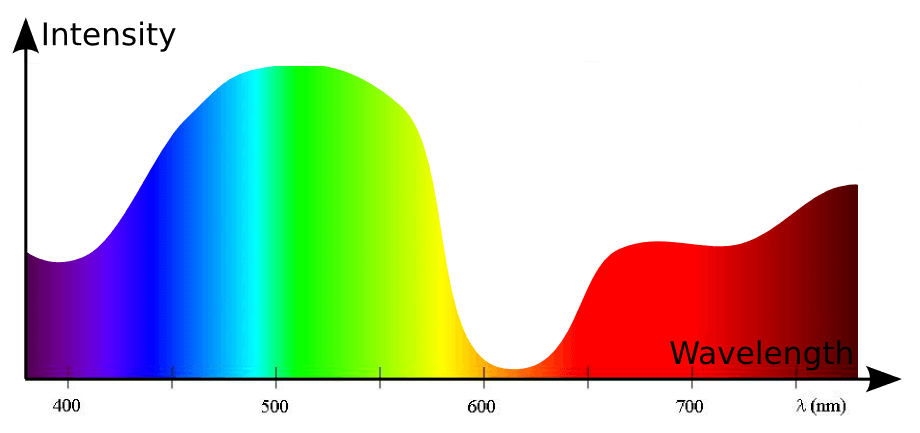
There are small things about technology that affect us and sometimes we fail to notice. My greatest weakness with gadgets, is and has always been, lack of sleep. Sometimes I tell myself “Maybe I’m just not sleepy” or “Maybe school changed me and nowadays I sleep less”. But this is not true.
I am constantly sleep deprived and this brings about a funny feeling of always feeling tired. One can shake it off with a cup of tea or coffee, or a bar of chocolate all which stimulate the mind and make you feel energised and ready to handle tasks. But these don’t do it well and sometimes you might find yourself having a constant headache that you can’t explain. And the cause of all my – and yours too – lack of sleep is Technology.
How?
One thing I have come to realise in the recent days while prepping for this post is that we highly under-rate sleep. Let me talk about myself. So, I highly under-rate sleep. I could go with 5 hrs or less of sleep and it won’t bother me a little. I will stay up late night, wake up and go about my duties without remembering to even take a nap to compensate for the lost sleep. And the main reason is technology.
Research (and I’ll leave sources down below) has shown that human beings react funnily to certain wavelengths of light.
In the new age, it is not uncommon to find people (you included) going to bed with laptops, tablets or phones. We are constantly on our phones. And even during the day, when it would be nice to take a nap to relax our minds and rejuvenate ourselves, we find ourselves scrolling through feeds and keeping tabs with social media.
Artificial light is what is keeping me, and you from good sleep, an article over at Sleep Junkie reports. And not just any artificial light, rather light with blue radiation. Or simply light of a blue wavelength.
[bctt tweet=”Blue wavelength light from your smartphones is keeping you awake at night”]
Blue Light:
I am sure most of you reading this are familiar with light and wavelengths. High School basics. Now now, *most of the LED lights we use, including the diodes that power your smartphones’, tablets’ and computers’ screens give off light around the wavelength of 450nm, which is primarily blue. See chart below.
Though human beings may not perceive all ‘these’ light as blue (we mostly see it as white), it affects us.
Blue light is really useful and crucial during the day. But it is a disaster at night.
In the past, without all the artificial lighting, people’s circadian rhythm – the biological cycle that influences many internal functions including determining when we are supposed to be awake and when we should sleep – was not affected and people had normal length sleep. Daytime brightness meant people were to wake up and be productive while nighttime darkness meant sleep.
Nowadays though, light is not only found during the day.
Effects of Blue Light:
Blue light, which is in excess during the day, when available at night tricks our bodies and brains into perceiving night time as day and this makes us lose sleep.
At night the brain secretes hormone melatonin which signals our bodies to get tired and feel sleepy.
But blue wavelength light is very effective at inhibiting melatonin whether during the day (from the sun) or at night from our gadgets. Which means the brain and body doesn’t get the signal that it’s time for bed reducing the quantity and quality of our sleep.
And this suppression of Melatonin is linked to various complications like:
- Cancer
- Obesity
- Metabolic Syndrome
- Depression etc.
[bctt tweet=”Blue light suppresses Melatonin and this is linked to various complications”]
How to Avoid this:
This has been my assignment. And it is the reason for this post.
What do we do to make sure we have the normal circadian rhythm?
- Do we do away with all blue light at night? Which includes Smartphones, Light bulbs etc.
- Do we find better light sources?
None of the above can work well.
Doing away with smart gadgets is impossible! “I have to read my novel on the tablet before sleeping” many will tell you. I have to do this and that on my phone. I have to chat with so and so. No wonder it’ll be 4am and you’ll be wondering why you haven’t slept!
Finding alternative light sources for bulbs though not impossible is hard as using coloured bulbs in a house will look funny.
Solutions:
There are two solutions for this problem of light.
- Using screens that block blue light e.g. spectacles/goggles for brilliant light bulbs. Which sounds funny. But nowadays there are many *startups that are making better lighting bulbs.
- Using smartscreen filters on smartphones, tablets and computers. Which is what has worked for me!
Smartscreen Filters:
This is easy. Nothing hardware here. All you need to have is an app on your phone or tablet or even computer.
The app will do one thing and one thing only (and obviously automatically). It will block all blue light meaning your brain will not suppress production of melatonin.
There are many Apps on Play Store that can solve the blue light problem for you. I found this:
The UI was a little hard to get through at first but all in all it has made it easier, a lot easier for me to fall asleep at night.
For the first time I could put aside my stuff and yawn (you’ll yawn after reading this) and just focus on sleeping.
I know it will now sound like a sponsored post but it isn’t. LOL I wish it were. Urbandroid if you ever read this, I love your app.
Better Sleep:
So go ahead and find an app that filters away the blue light for you and see how this works. Your screen will look like so:
The orange bar is because my battery is low.
It might not seem all impressive at first to look at a reddish screen, but if you, like me, have been having – knowingly or unknowingly – long bouts of lack of sleep, know that it is the artificial blue light that’s messing you up and do away with it to enjoy good night sleeps.
You could also force yourself not to use any gadgets in bed once it is time for sleeping.
Share your thoughts in the comment sections below. Also share this with friends.
Sources:
The Many Different Ways Technology Affects Sleep – The Sleep Judge (Updated later to this list)
Why is blue light bad before bedtime for sleep? – Scientific American
How blocking blue light at night can transform your sleep. – Authority Nutrition
Twilight – Urbandroid Team.
Automatic trash can is also a smart device for your home


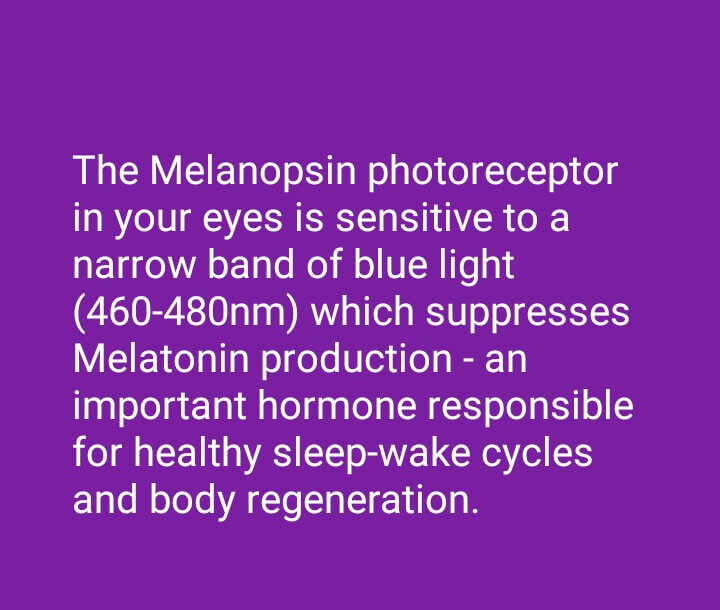
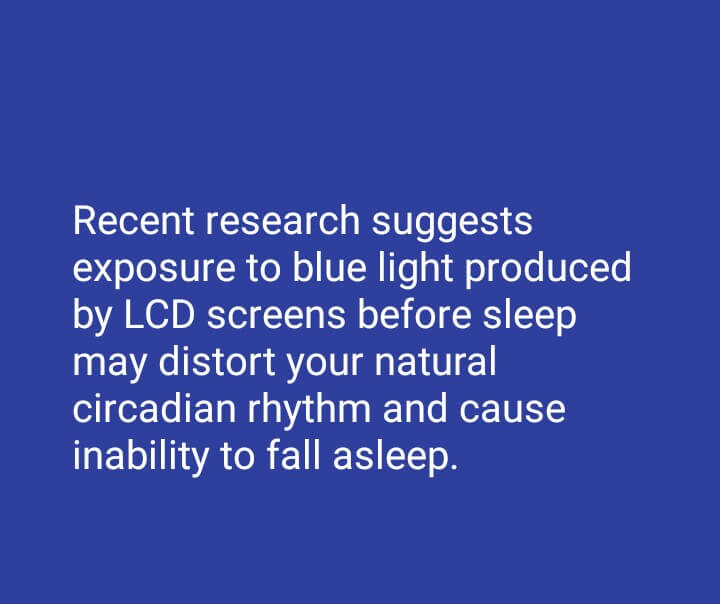
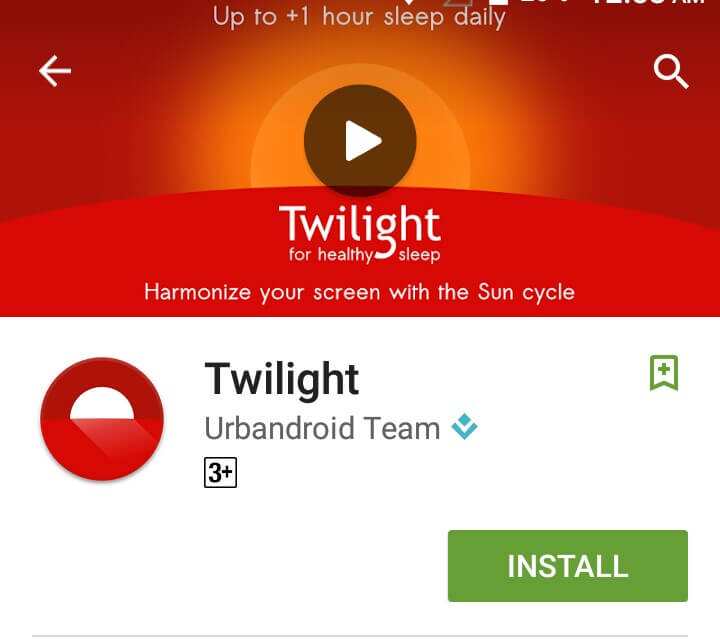
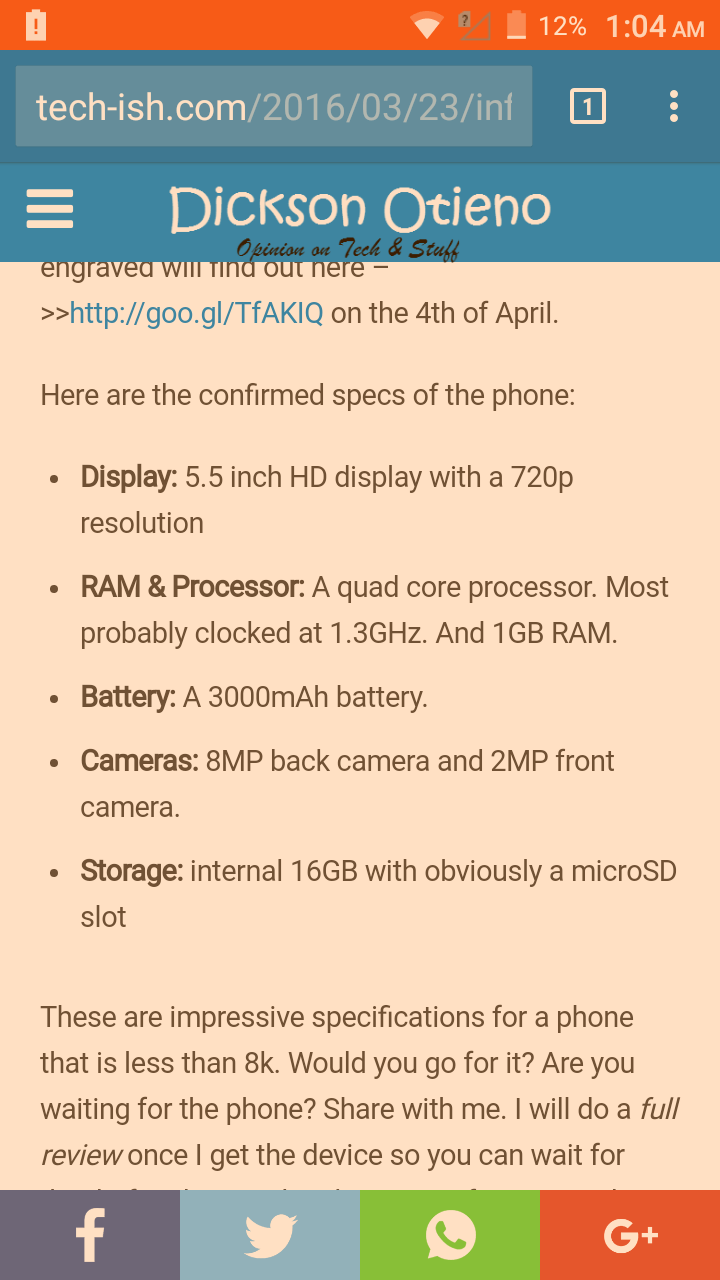

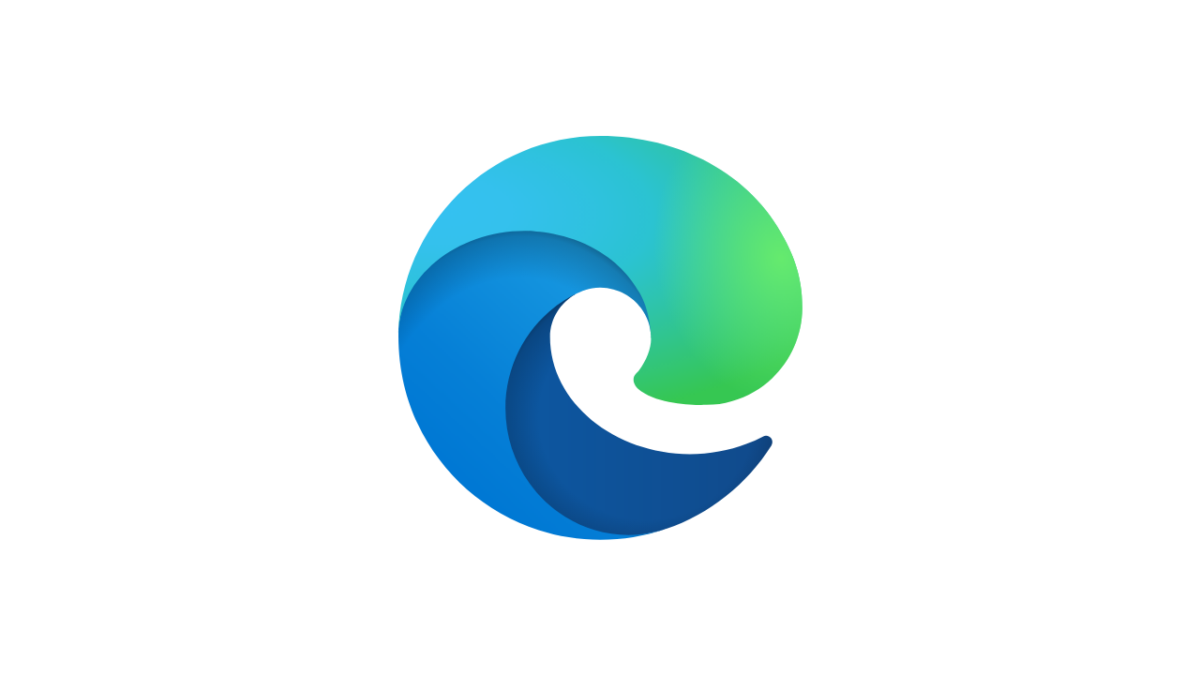
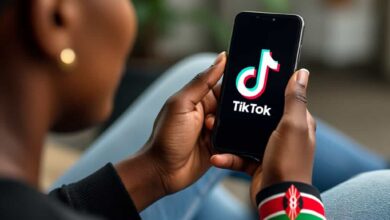
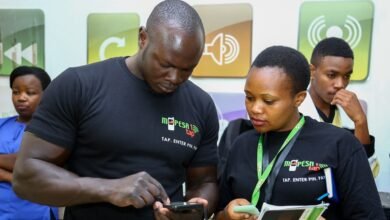
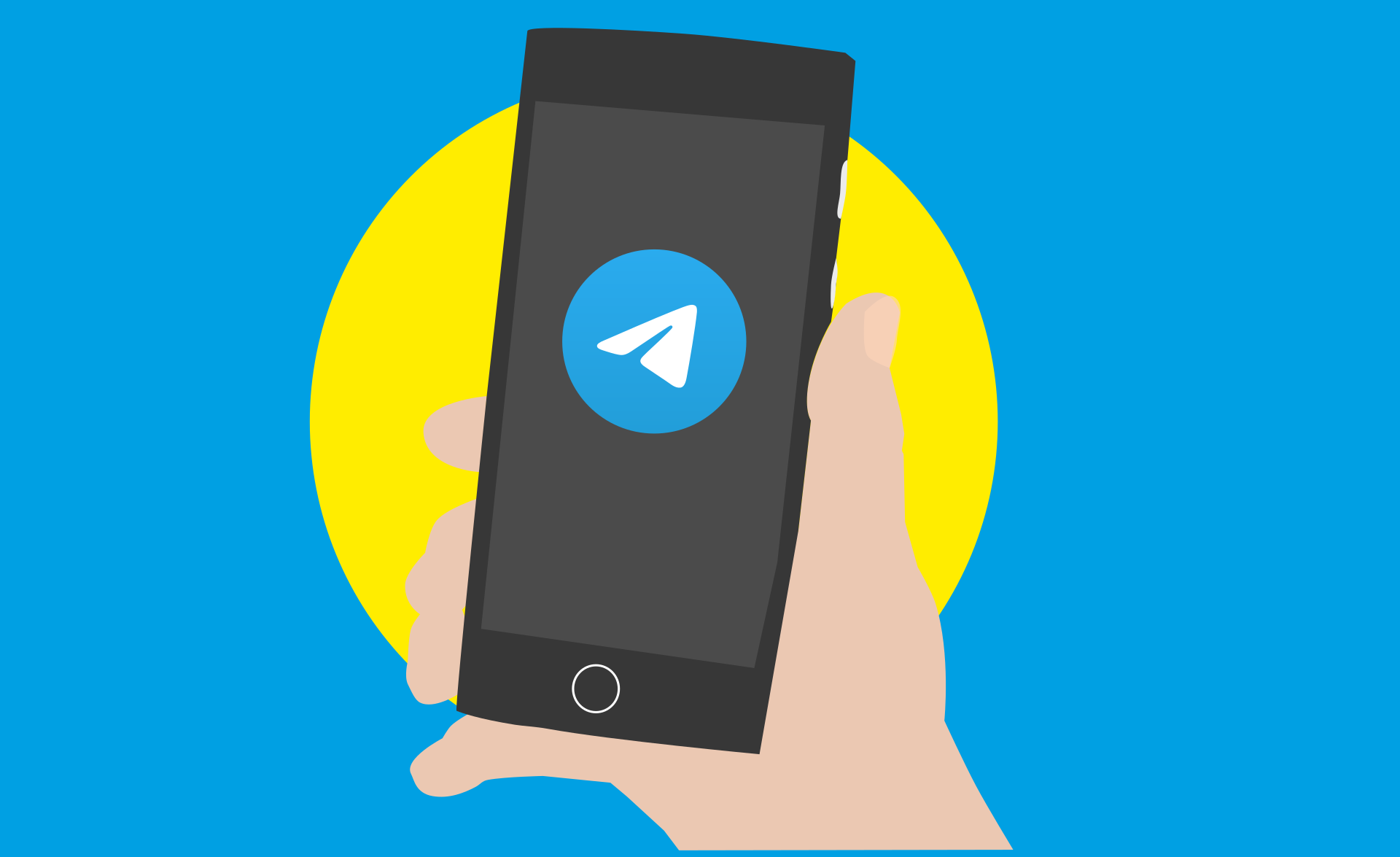
No wonder I can’t sleep well at night.